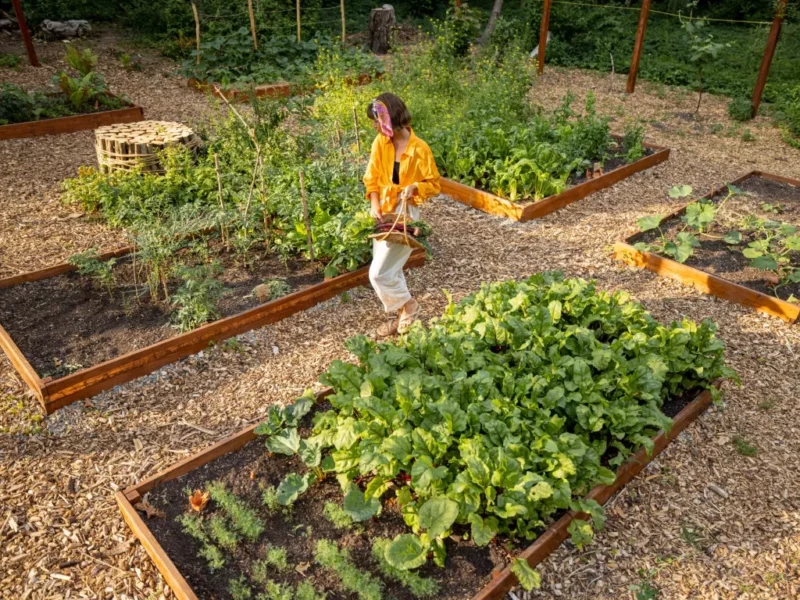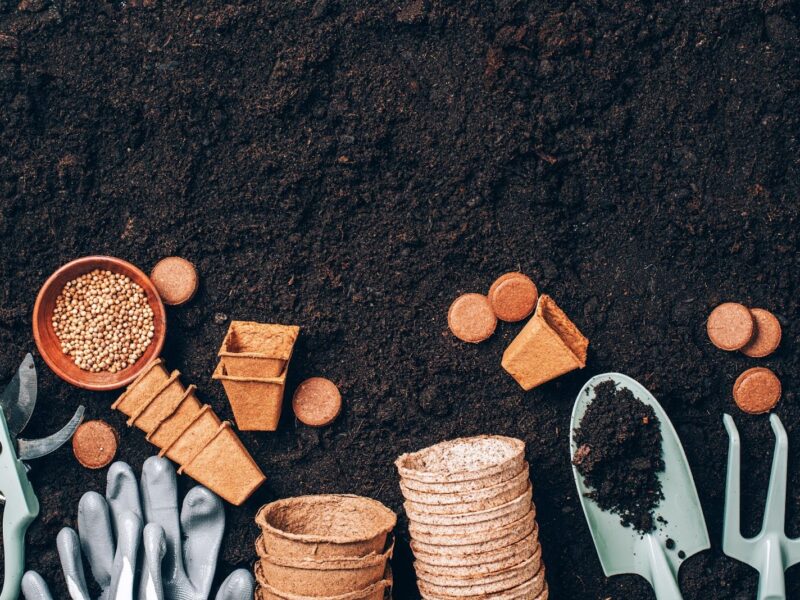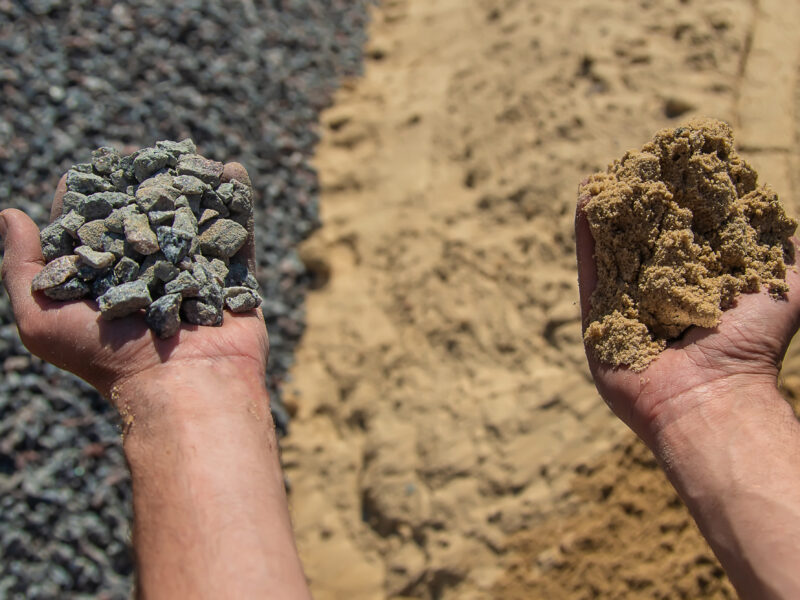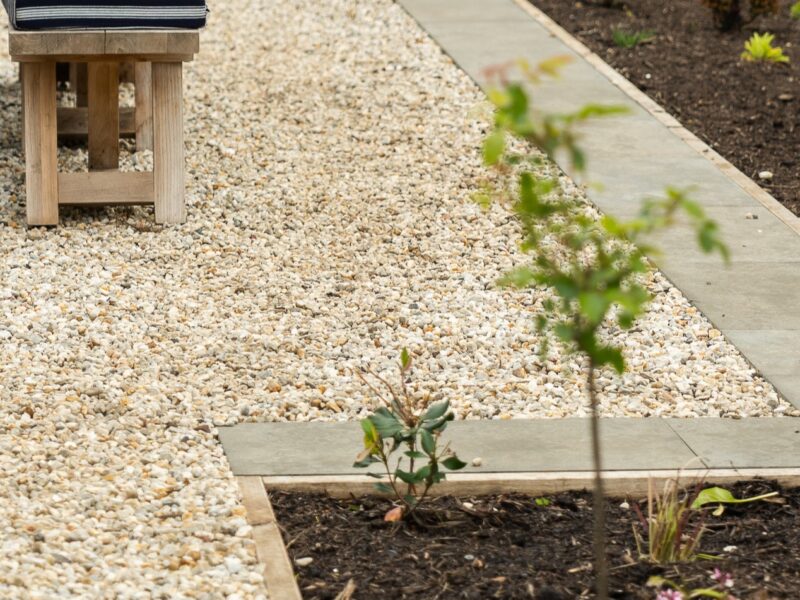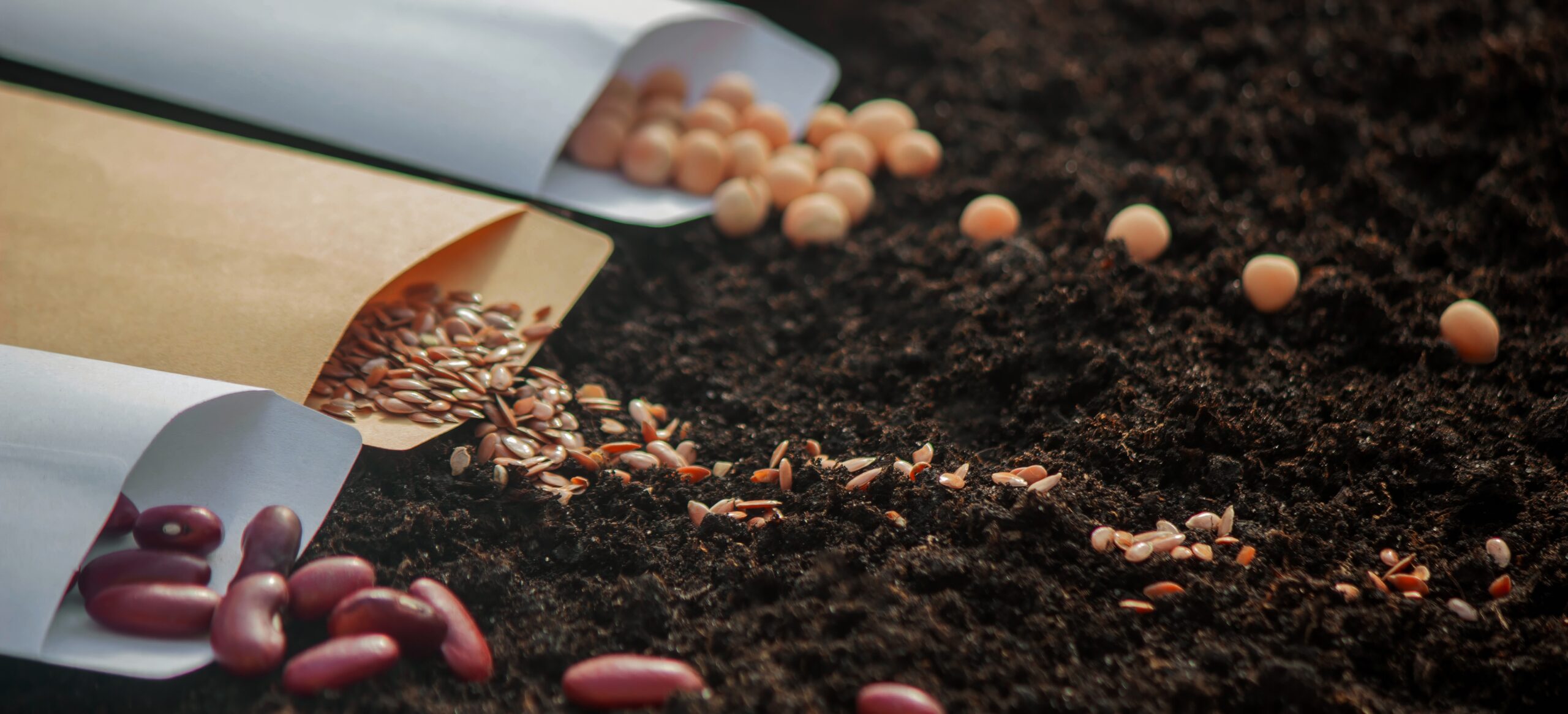
What Is Veggie Mix Soil? The Ultimate Guide for Home Gardeners
If you’re planning to grow your own vegetables, the foundation of your success starts with one essential ingredient: veggie mix soil.
Specially blended to support healthy plant growth, veggie mix soil gives your garden the nutrients, structure, and drainage it needs to thrive: whether you’re planting in raised beds, pots, or directly in the ground.
In this guide, we’ll explain what veggie mix soil is, what it’s made of, how to use it, and why it’s the ideal choice for growing strong, healthy vegetables at home.
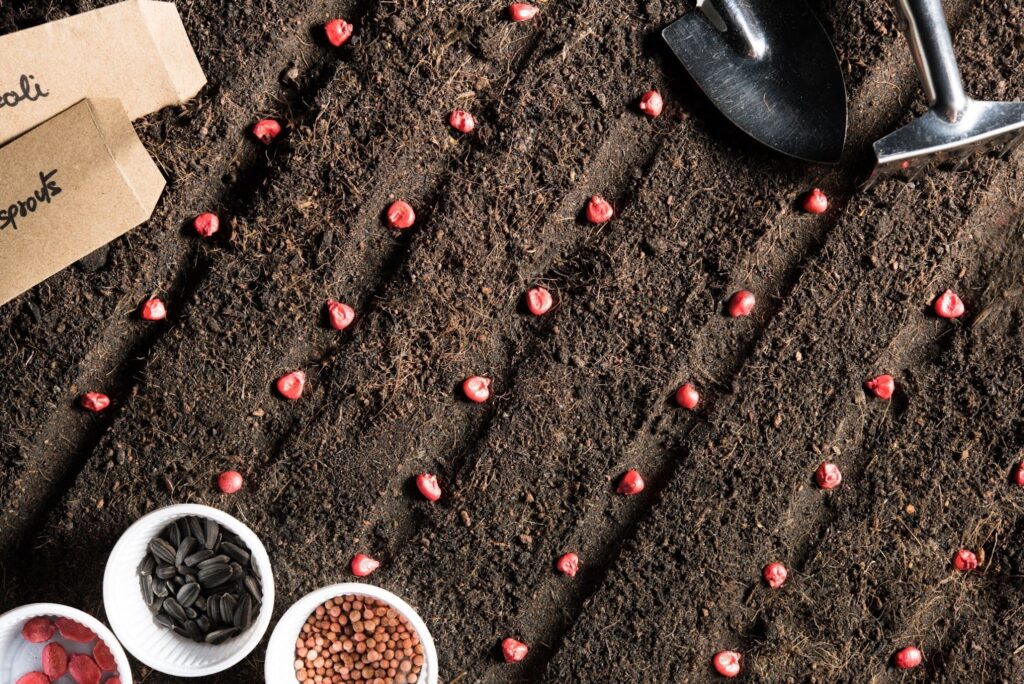
What Is Veggie Mix Soil?
Veggie mix soil is a high-quality garden soil blend designed specifically for growing vegetables and herbs. It combines nutrient-rich organic materials with good drainage properties to create the perfect growing environment.
Typical Ingredients Include:
- Composted organic matter: Improves soil structure and feeds plants over time
- Screened loam or topsoil: Provides stability and holds nutrients
- Composted manure: Adds natural nitrogen and phosphorus for leafy and root growth
- Sand: Enhances drainage and reduces soil compaction
- Green waste compost: Boosts microbial life and improves moisture retention
This blend ensures vegetables get the nutrients, water, and oxygen they need for optimal root development and high yields.
Why Use Veggie Mix Soil in Your Garden?
Using the right soil mix can be the difference between a struggling garden and a thriving one. Here’s why veggie mix soil is the go-to choice for home growers:
- Nutrient-Rich: Supports leafy greens, root vegetables, and fruiting plants
- Great Drainage: Prevents waterlogging while retaining essential moisture
- pH Balanced: Typically neutral to slightly acidic, ideal for most vegetables
- Organic-Based: Many blends use natural compost and manure without synthetic additives
- Ready to Use: No extra fertilisers or conditioners required
Best Ways to Use Veggie Mix Soil
You can use veggie mix soil in a variety of garden setups, including:
Raised Garden Beds:
Perfect for urban and backyard gardening. Just fill your raised bed with veggie mix soil and start planting.
In-Ground Veggie Patches:
Work the soil into the top 20–30cm of your garden bed for a nutrient boost and improved texture.
Planter Boxes & Pots:
Ideal for balconies or small spaces. Use veggie mix soil in pots to grow herbs, tomatoes, lettuce, and more.
Greenhouses:
Great for controlled environments where consistent soil quality matters.

Tips for Getting the Best Results
- Loosen the soil before planting: to encourage root growth
- Mulch on top: (e.g. with pea straw or sugar cane mulch) to retain moisture
- Use a soil conditioner or compost: annually to refresh the nutrients
- Water consistently: especially during warm weather
- Rotate crops: each season to avoid nutrient depletion
FAQ
Is veggie mix soil organic?
Most veggie mix soils are made with organic materials, but check the product label for certified organic if that’s important to you.
Can I use veggie mix soil for flowers or shrubs?
Yes, it works well for many plant types, but it’s specially designed for vegetables. For ornamental plants, a garden mix may be more appropriate.
How much veggie mix soil do I need?
Use a soil calculator or multiply length × width × depth (in metres) to get the cubic metres you need. Most suppliers deliver in bulk or bags.
Do I still need fertiliser with veggie mix soil?
It depends on your crop and how long it’s growing. Veggie mix soil is nutrient-rich, but slow-release or organic liquid fertilisers (like Seasol) can support ongoing growth.
Final Thoughts
If you’re serious about growing your own food, veggie mix soil is one of the best investments you can make. It gives your plants the foundation they need to produce strong roots, vibrant leaves, and tasty vegetables.
Whether you’re filling a raised bed, topping up a veggie patch, or planting herbs on the balcony, veggie mix soil takes the guesswork out of growing: and helps you enjoy a more successful, sustainable garden.

